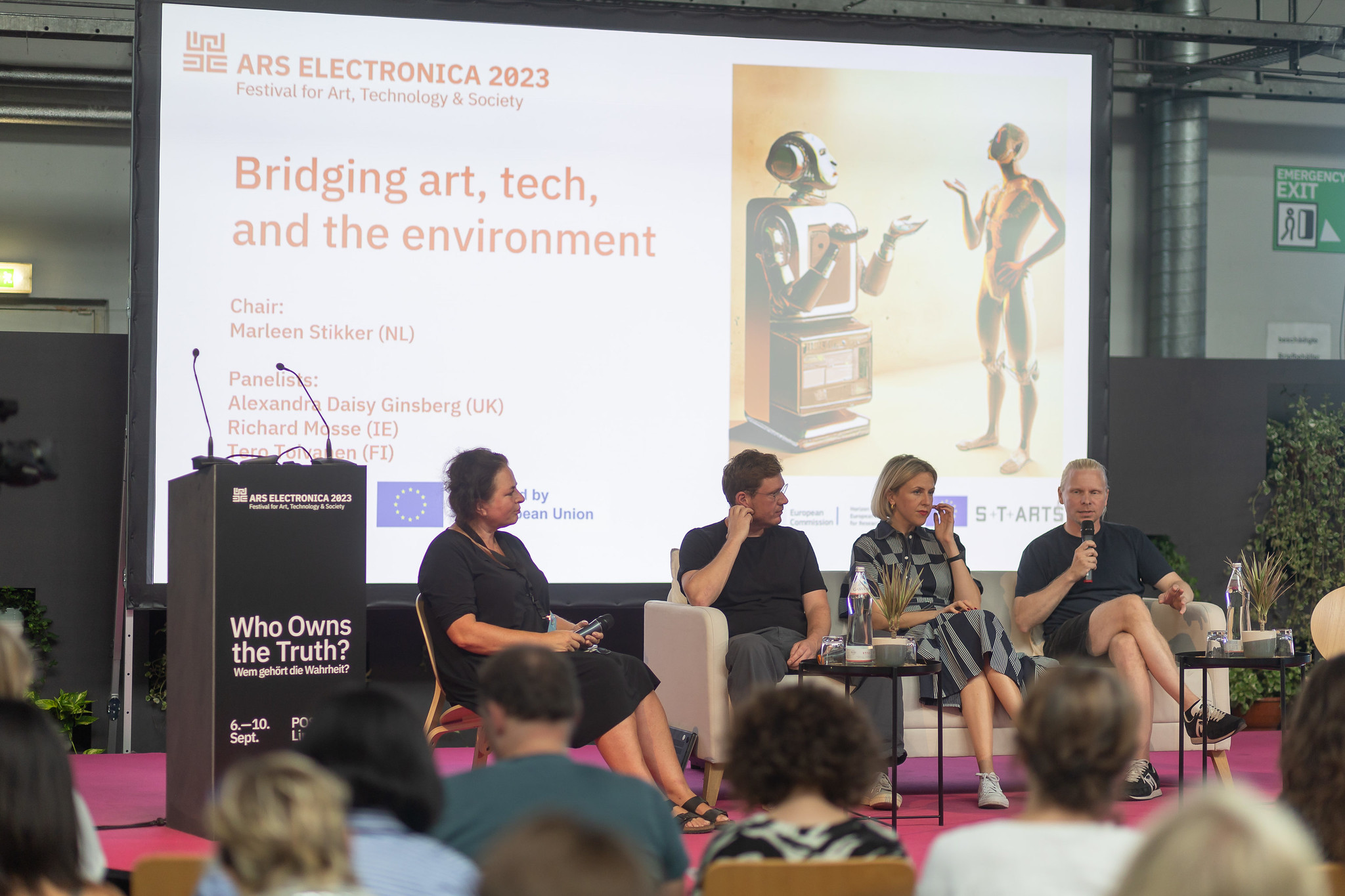As part of the commons, the sea, the sky, the planet and beyond, are owned by each of us, which makes their preservation inherently problematic. When we all have access to a finite resource, we tend to exploit it for our benefit, destroying its value—this concept is known as the tragedy of the commons and widely discussed in economy, ecology and sociology. Join a panel of artists, researchers, designers and activists as they discuss how art and technology can help re-contextualize this issue.
Chair
Marleen Stikker (NL)
Panelists
Tero Toivanen (FI)
Richard Mosse (IE)
Alexandra Daisy Ginsberg (UK)
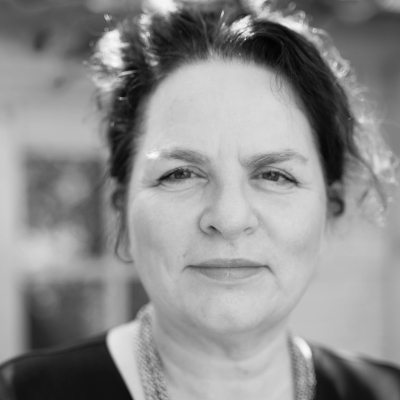
Marleen Stikker (NL)
Marleen Stikker is founder and executive director of Waag Futurelab in Amsterdam. Waag Futurelab reinforces critical reflection on technology, develops technological and social design skills and encourages social innovation. Marleen leads the trans-disciplinary team of designers, artists and scientists, utilizing Public Research and Key Enabling Methodologies to empower people to participate in the collective design of open, fair and inclusive futures. Marleen founded “De Digitale Stad” (The Digital City) in 1993, the first virtual community introducing free public access to the Internet in Amsterdam. Marleen Stikker strongly adheres to the Maker’s Bill of Rights motto: “If You Can’t Open It, You Don’t Own It.”
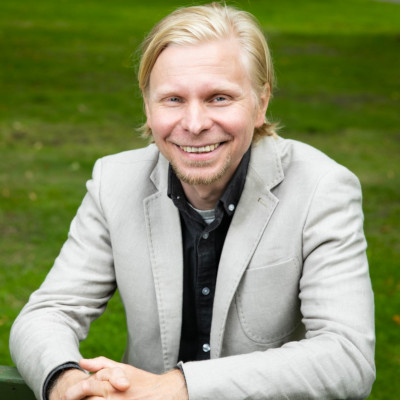
Tero Toivanen (FI)
Tero Toivanen, PhD, is a core fellow at the Helsinki Collegium for Advanced Studies, University of Helsinki. His research interests concern the intertwined processes of capital, labor and ecology in concrete world-historical settings. His current research project (2021–2024) studies far-right attitudes towards nature, ecology and climate change. Toivanen is a co-founder of the multidisciplinary BIOS Research Unit (established in 2015), which synthesizes scientific knowledge on global environmental and resource pressures and examines their impact on the political economy of Finnish and European societies.
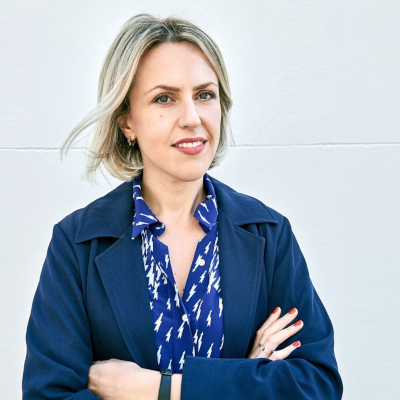
Alexandra Daisy Ginsberg (GB)
Alexandra Daisy Ginsberg (GB) is a multidisciplinary artist examining our fraught relationships with nature and technology. Her work investigates the human impulse to “better” the world, exploring artificial intelligence, synthetic biology, conservation, biodiversity, and evolution. Ginsberg won the London Design Medal for Emerging Talent (2012), the Dezeen Changemaker Award (2019) and Prix Ars Electronica Honorary Mention, Interactive Art for Machine Auguries (2020). She has exhibited internationally, including at MoMA New York, the Museum of Contemporary Art, Tokyo, the Centre Pompidou, the Royal Academy and the Toledo Museum of Art. In 2022, Ginsberg launched her climate-positive artwork Pollinator Pathmaker, with commissions at the Eden Project (Cornwall) and Serpentine (London). In 2023, Ginsberg is launching the first international Edition with LAS Art Foundation (Berlin).
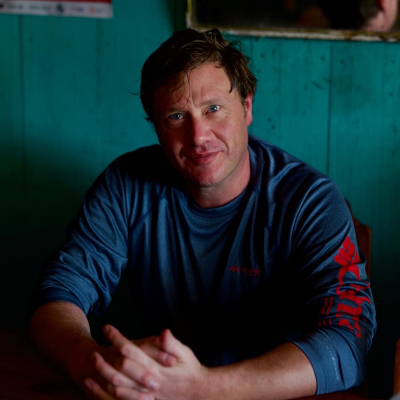
Richard Mosse (IE)
Richard Mosse (b. 1980, Ireland; based in New York) has consistently documented historically significant subjects using photographic media that foreground elements of these narratives. Mosse seeks to heighten and extend the language of documentary photography to draw attention to overlooked yet urgent conflicts, often with a critical emphasis on the limitations of photojournalism, an activist’s sense of purpose, and a belief in the power of aesthetics to communicate, creating immersive and groundbreaking new forms in documentary photography and the moving image. He was awarded the Prix Pictet (2017), the Deutsche Börse Photography Prize (2014) and a Guggenheim Fellowship (2011). His work has been exhibited at the Akademie der Künste, Barbican Art Gallery, Hamburger Kunsthalle, Hayward Gallery, Louisiana Museum, National Gallery of Art, National Gallery of Victoria and SFMOMA, and he represented Ireland at the 55th Venice Biennale.

The STARTS Prize has received funding from the European Union’s Horizon 2020 research and innovation program under grant agreement No. 956603

